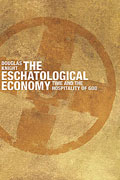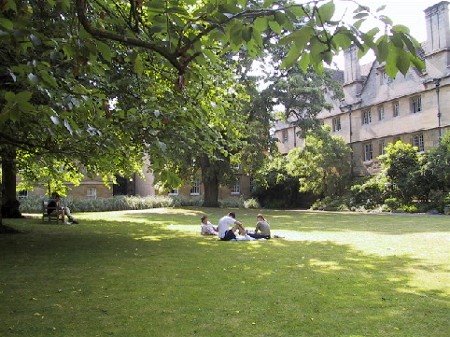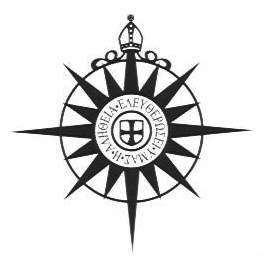
Dear Dr Knight:
Last night a group of us (the others are Protestant pastors and I am an Orthodox priest) here in Des Moines, Iowa, decided to read your book – The Eschatological Economy – as a group. It fits with some other things we have been reading, and they are as interested as I am in what you have to say about Metropolitan John (Zizioulas). Indeed, his Being as Communion may be our next book. I am eager to read your forthcoming work on his theology.
Are you an Anglican?
If we become perplexed at some point in our reading of your book, I may email you for a clarification!
In the peace of Christ,
+Lev
* * * *
Dear Father Lev and friends
I am honoured that you have picked The Eschatological Economy for your reading group. Now I really do wish it was a better book.
I wrote it as I was looking around for a systematic theology that could help us diagnose our present church situation, and to explore what Metropolitan John Zizioulas meant by ‘eschatological ontology’, and to get clearer in my own mind how Christ died and lives for us – so three different motives.
Much theology is written in a panic about our present situation. Theologians seem to be waiting for permission from someone before they say anything too Christian – so they don’t seem to be our teachers any more. I think we should give them this permission by praying for them, and writing to them to encourage them to teach us to be disciples. If they do so, the panic will subside and we can start to lay the Christian proposal before the world with a bit more patience and reason.
The life of the Church must be sourced from the whole Christian theological and historical experience, because only the whole deposit of faith makes us the distinct – holy – community of witness, able to communicate this faith and so to be of some use to the world. So The Eschatological Economy reads like a set of demands, made to any theologian who is prepared to receive them, to pass on the whole deposit of faith. I have learned how to make more demands, or pray more prayers, since I wrote it.
I am an Anglican – a ‘catholic evangelical’, I think – with various friends trying to tug me in more Catholic or Orthodox directions. My theology is Reformed and Barthian, but I have learned from TF Torrance and Robert Jenson that we can grow out of the worst of our Western problems if we go back to the Fathers. This is what I have tried to do by making Irenaeus’ account of the formation of man the main narrative, and making all the Augustinian fall-and-sin issues subordinate to this. Then comes the Protestant part of my agenda, which is to set out a good account of the atonement by properly relating ideas of representation, substitution and sacrifice, and to make a decision about penal substitution, and that is what is going on in chapters 3 & 4.
Of course I would like to hear your reactions to The Eschatological Economy, but there are probably other people who would like to know what you make of it too, so I would be especially grateful if you would also copy your questions and reactions into the comment box on the book’s Amazon page, or the DK blog. Then I will not be the only one to be grateful to you.
Best wishes
Douglas Knight


